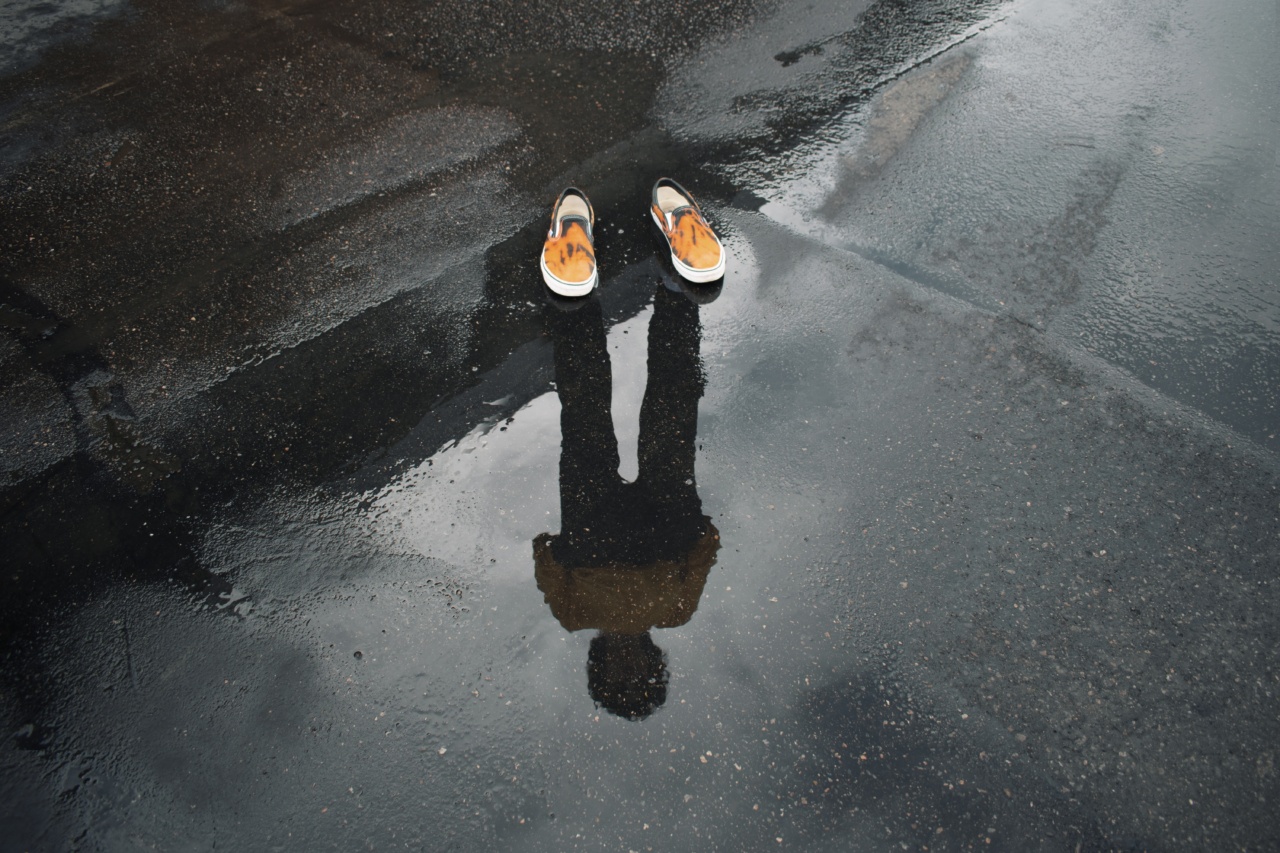Have you ever woken up in the middle of the night with a chill running through your legs? It’s not a pleasant experience, and you might be tempted to brush it off as a simple discomfort.
But did you know that cold legs during sleep could be a sign of an underlying health issue? In this article, we will explore why you shouldn’t ignore this symptom and what it could mean for your overall well-being.
The importance of sleep temperature
A good night’s sleep is crucial for our physical and mental health. It allows our bodies and minds to rest, recover, and rejuvenate. One factor that plays a significant role in sleep quality is the temperature of our sleeping environment.
When we sleep, our body temperature naturally drops slightly to promote better sleep. However, when our legs feel excessively cold during sleep, it disrupts this delicate balance and can negatively impact our sleep quality.
Common causes of cold legs during sleep
Cold legs during sleep can occur due to various reasons. Understanding the underlying causes is essential for proper diagnosis and treatment. Let’s explore a few common reasons for this discomfort:.
1. Poor circulation
Inadequate blood circulation is a common cause of cold legs during sleep. When blood flow to the legs is compromised, it can lead to cold sensations, numbness, and even pain.
Conditions such as peripheral artery disease, diabetes, and Raynaud’s disease can cause poor circulation and contribute to cold legs at night.
2. Nerve compression
Compression of nerves in the lower back or legs can lead to cold legs during sleep. Conditions like sciatica or spinal stenosis can compress the nerves that supply the legs, resulting in sensations of coldness and discomfort.
3. Restless Leg Syndrome (RLS)
Restless Leg Syndrome is a neurological disorder characterized by an uncontrollable urge to move the legs, usually accompanied by uncomfortable sensations.
RLS symptoms often worsen during periods of inactivity, such as during sleep, and can cause the legs to feel cold or chilly.
4. Poor sleeping environment
Sometimes, the cause of cold legs during sleep can be as simple as a poorly insulated or drafty sleeping environment. Cold air seeping through windows or improper bedding can lead to the chilling of the legs during sleep.
5. Vitamin and mineral deficiencies
In some cases, cold legs during sleep can be a result of underlying deficiencies in certain vitamins and minerals, such as iron, magnesium, or vitamin B12.
These deficiencies can affect nerve health and blood circulation, leading to sensations of coldness in the legs.
Importance of addressing cold legs during sleep
While cold legs during sleep may seem like a minor inconvenience, ignoring this symptom could have serious consequences. Some reasons why you should address this issue include:.
1. Sleep quality
Cold legs can significantly disrupt your sleep quality, leading to fatigue, mood swings, and difficulty concentrating during the day. By addressing the underlying cause, you can improve your sleep and overall well-being.
2. Underlying health conditions
Cold legs during sleep might be a manifestation of underlying health conditions such as peripheral artery disease or vitamin deficiencies.
Identifying and treating these conditions early can prevent further complications and improve your long-term health.
3. Restless Leg Syndrome
RLS can have a significant impact on your quality of life if left untreated. Managing RLS symptoms can help alleviate discomfort and improve your sleep experience.
Methods to alleviate cold legs during sleep
If you frequently experience cold legs during sleep, there are several methods you can try to alleviate the discomfort:.
1. Adjust your sleeping environment
Make sure your bedroom is adequately insulated and free from drafts. Use warm blankets or thermal beddings to keep your legs cozy and warm during sleep.
2. Regular exercise
Engaging in regular exercise can boost blood circulation and improve overall cardiovascular health. Activities such as walking, swimming, or cycling are beneficial for promoting healthy blood flow to the legs.
3. Stretching and relaxation techniques
Performing leg stretches or practicing relaxation techniques before bed can help relax tense muscles and reduce the likelihood of uncomfortable sensations during sleep.
4. Check your vitamin and mineral levels
If you suspect that vitamin or mineral deficiencies may be contributing to your cold legs during sleep, consider getting tested and addressing any deficiencies with the help of a healthcare professional.
5. Consult a healthcare professional
If your cold legs during sleep persist and significantly impact your sleep quality and daily life, it’s essential to seek medical advice.
A healthcare professional can assess your symptoms, perform any necessary tests, and recommend appropriate treatment options.
Conclusion
While cold legs during sleep may seem like a minor annoyance, they can indicate underlying health issues that warrant attention.
By understanding the potential causes and taking appropriate measures, you can improve your sleep quality, identify and treat any underlying conditions, and ensure that you are prioritizing your overall well-being.































